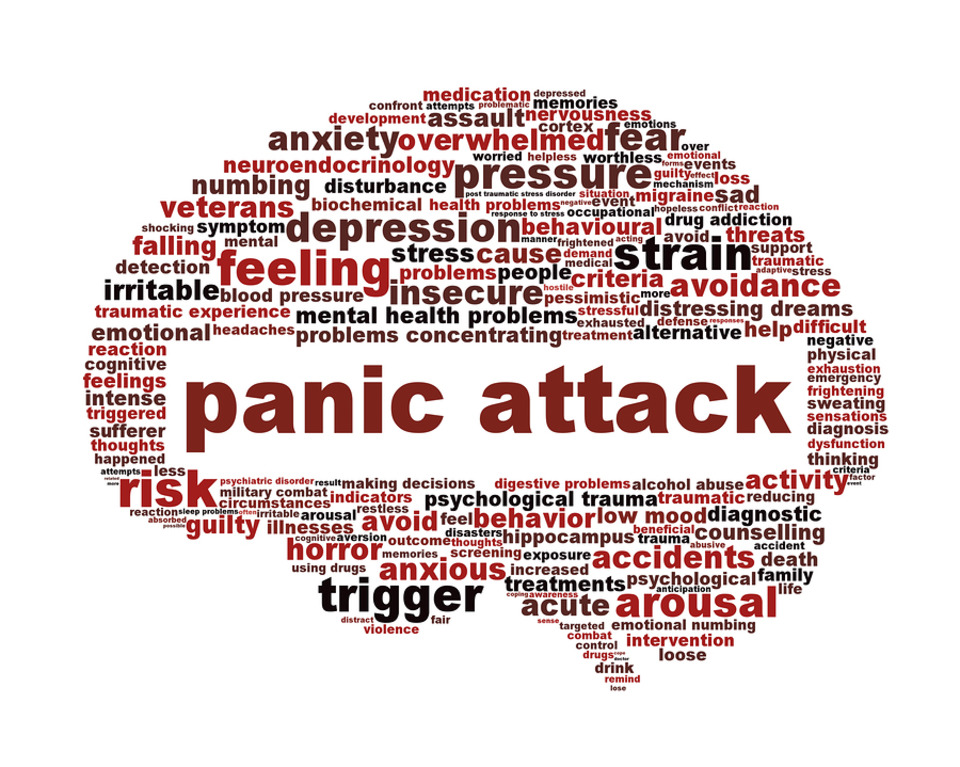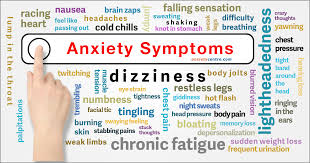Post Traumatic Stress Disorder
WHAT IS PTSD
Most people are likely to experience a potentially traumatic event in their lifetime, and most individuals recover well, given time and adequate social support.For some individuals however, the experience of a traumatic event or chronic exposure to trauma can trigger symptoms of posttraumatic stress disorder.
SIGNS AND SYMPTOMS
Symptoms are characterised by:
A sense of reliving the traumatic event
- experiencing unwanted and distressing thoughts or images, flashbacks, nightmares, or feeling as though the event is recurring.
Avoidance and numbing
- avoidance of people, places, thoughts and activities associated with the traumatic event
- feeling emotionally flat, losing interest in enjoyable activities, or feeling disconnected from friends and family.
Negative thoughts and mood
- persistent negative thoughts about self, others, and the world
- distorted views about the causes and consequences of the event.
Feeling wound-up
- feeling irritable, angry, over-alert, or edgy
- experiencing difficulties concentrating
- experiencing difficulties getting to sleep or staying asleep.
EVIDENCE BASED PSYCHOLOGICAL INTERVENTION
There are a range of psychological treatments for PTSD. The two types of treatment that are most effective are called trauma-focused cognitive behaviour therapy (TF-CBT) and eye movement desensitisation and reprocessing (EMDR).
For more information or to make an appointment please contact Yvette Rae on 0407 962 758.





